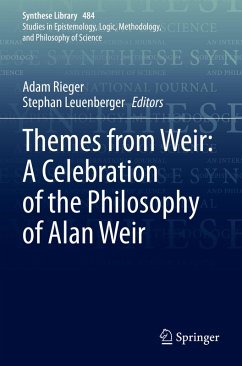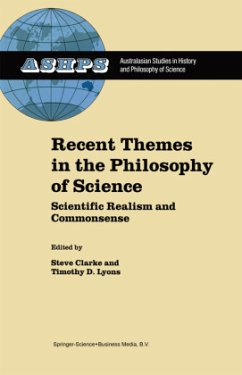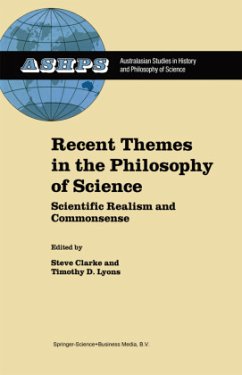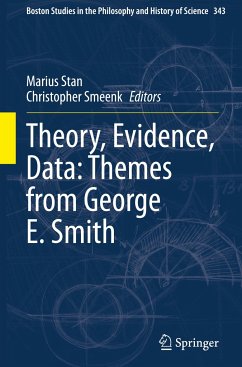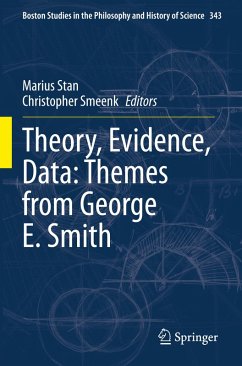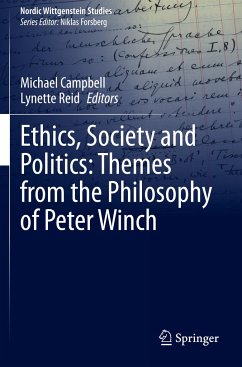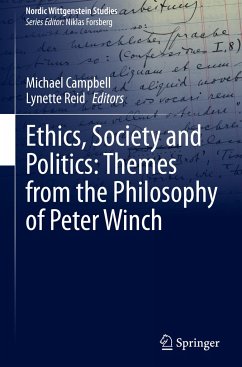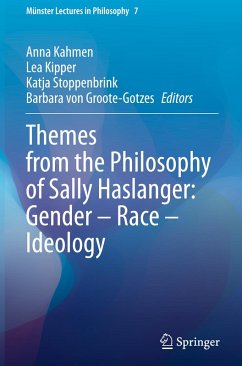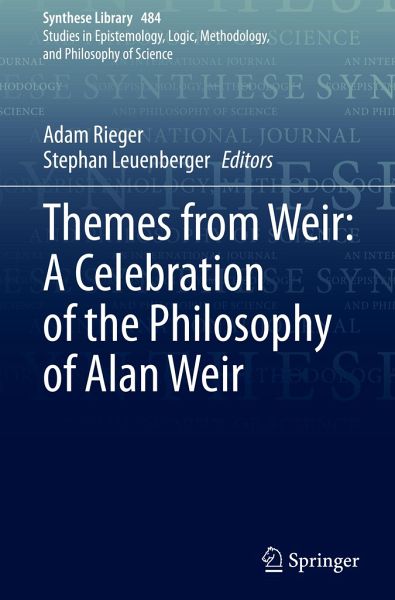
Themes from Weir: A Celebration of the Philosophy of Alan Weir

PAYBACK Punkte
46 °P sammeln!
This book celebrates and explores some philosophical issues raised by the work of Alan Weir, who is Professor Emeritus at the University of Glasgow, having previously held positions at the Universities of Oxford, Edinburgh and Queen's, Belfast. In a number of areas, Weir has elaborated strikingly original views which involve a radical departure from the mainstream. These include formalism in the philosophy of mathematics, and as well as naïve set theory, with a universal set, and a naïve theory of truth. In contrast to other contemporary defenders of the latter two theories, Weir rejects dia...
This book celebrates and explores some philosophical issues raised by the work of Alan Weir, who is Professor Emeritus at the University of Glasgow, having previously held positions at the Universities of Oxford, Edinburgh and Queen's, Belfast. In a number of areas, Weir has elaborated strikingly original views which involve a radical departure from the mainstream. These include formalism in the philosophy of mathematics, and as well as naïve set theory, with a universal set, and a naïve theory of truth. In contrast to other contemporary defenders of the latter two theories, Weir rejects dialetheism and accepts classical rules for the logical connectives. He avoids contradictions by restricting certain structural inference rules, specifically some generalized versions of transitivity. In addition, Weir has developed radical versions of naturalism and physicalism (partly informed by his work on Quine) and perceptual realism. This collection includes contributions by a distinguished group of philosophers on Weir's philosophy, as well as a memoir and a new essay on the philosophy of mathematics by Weir himself.





